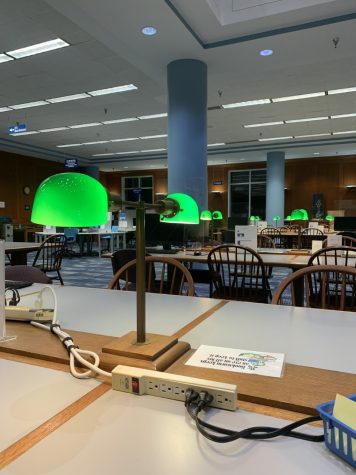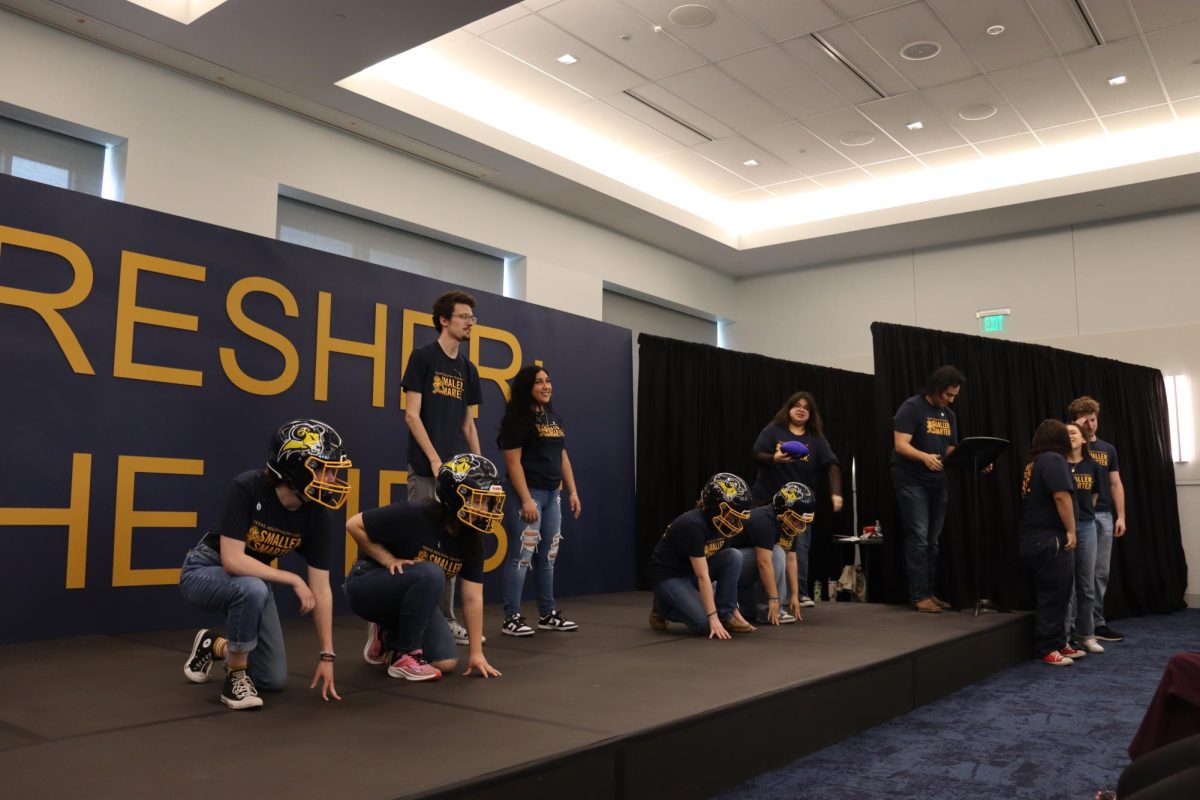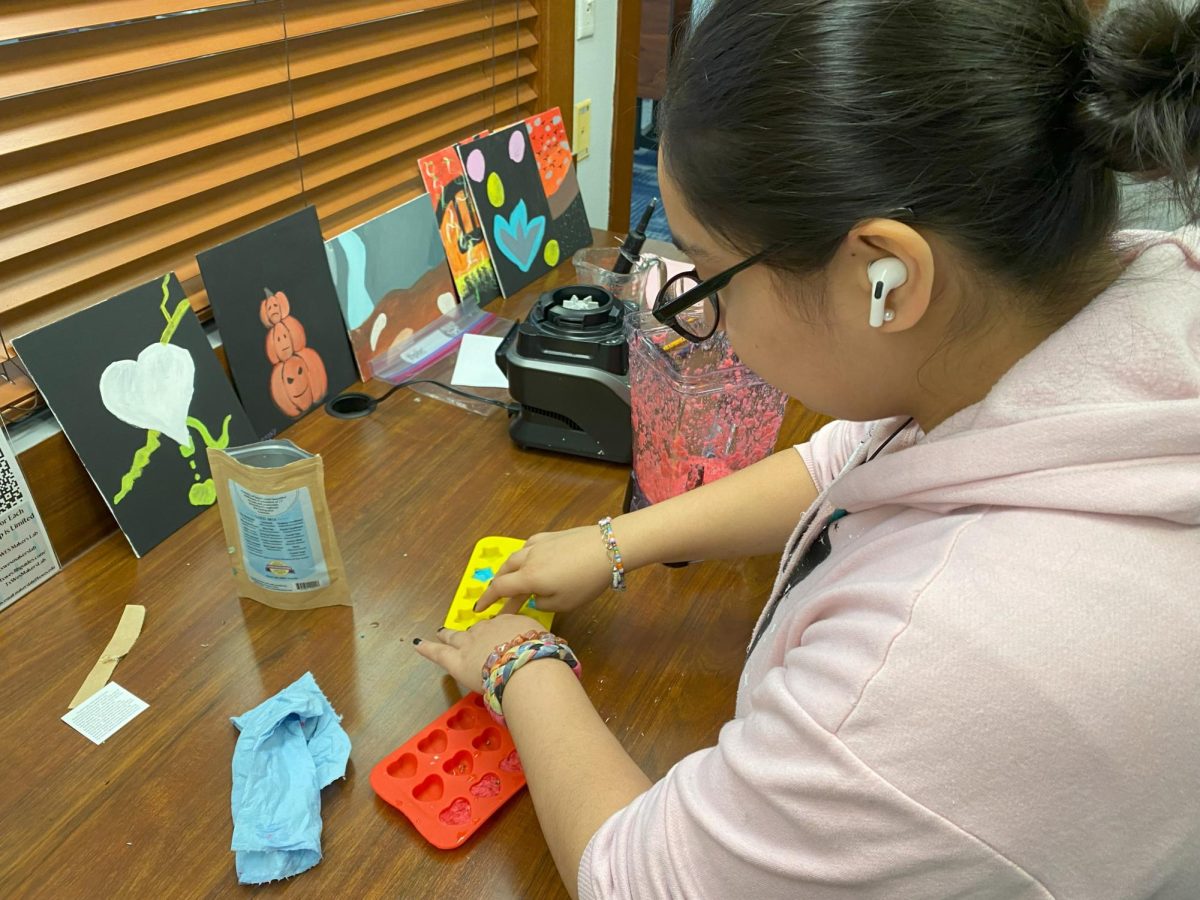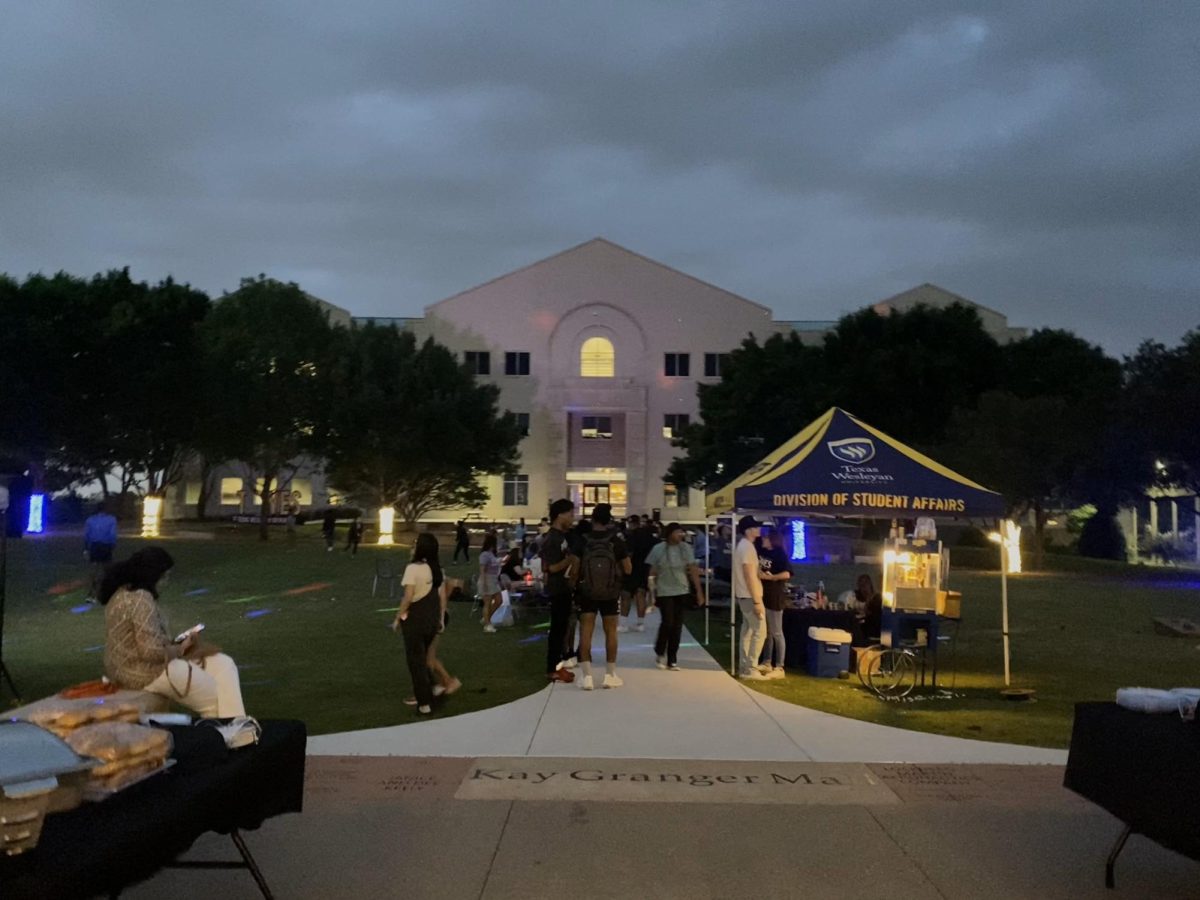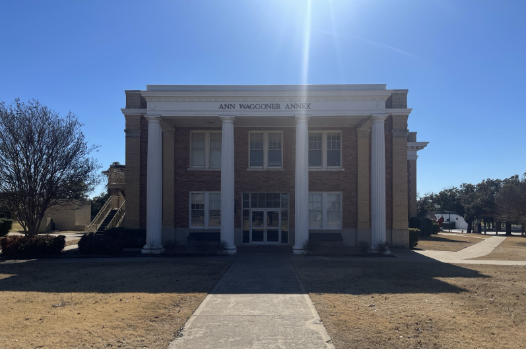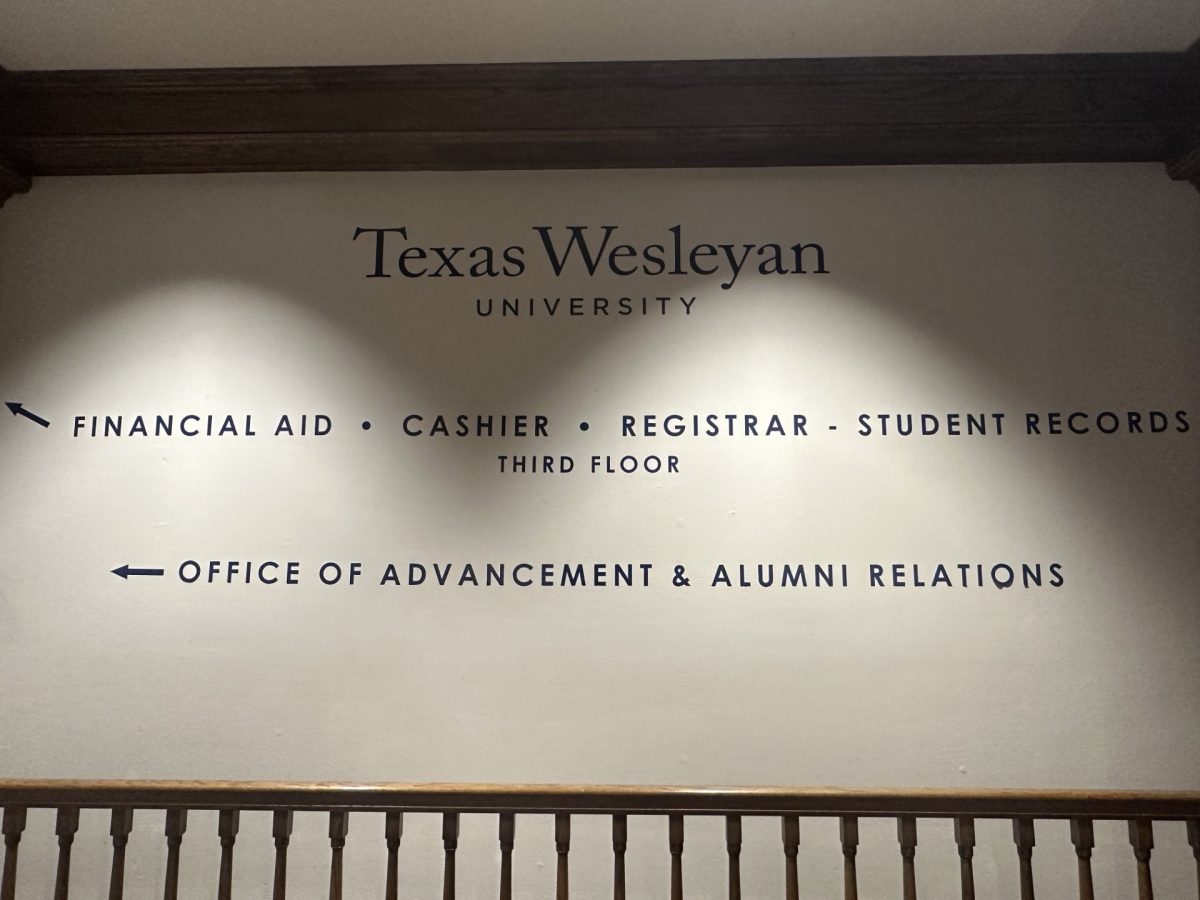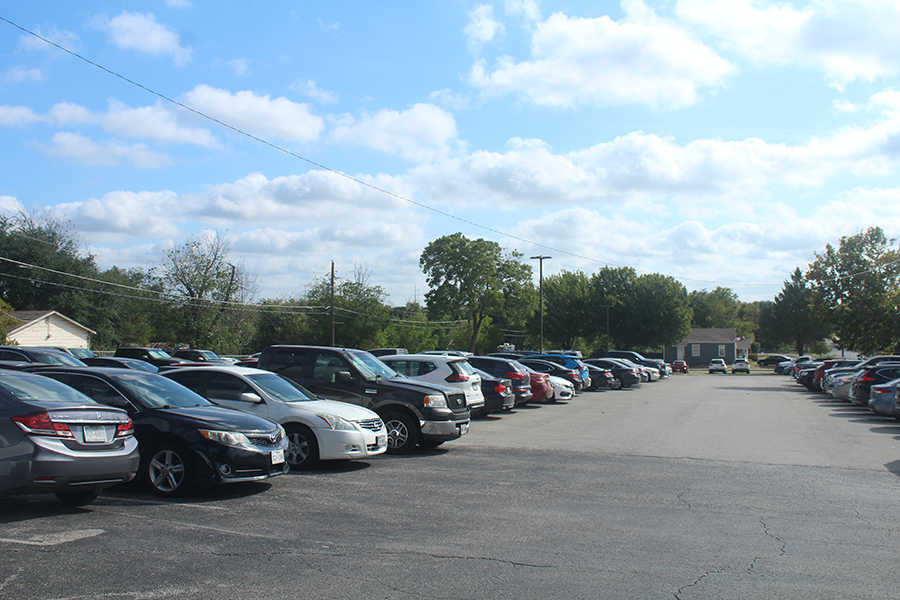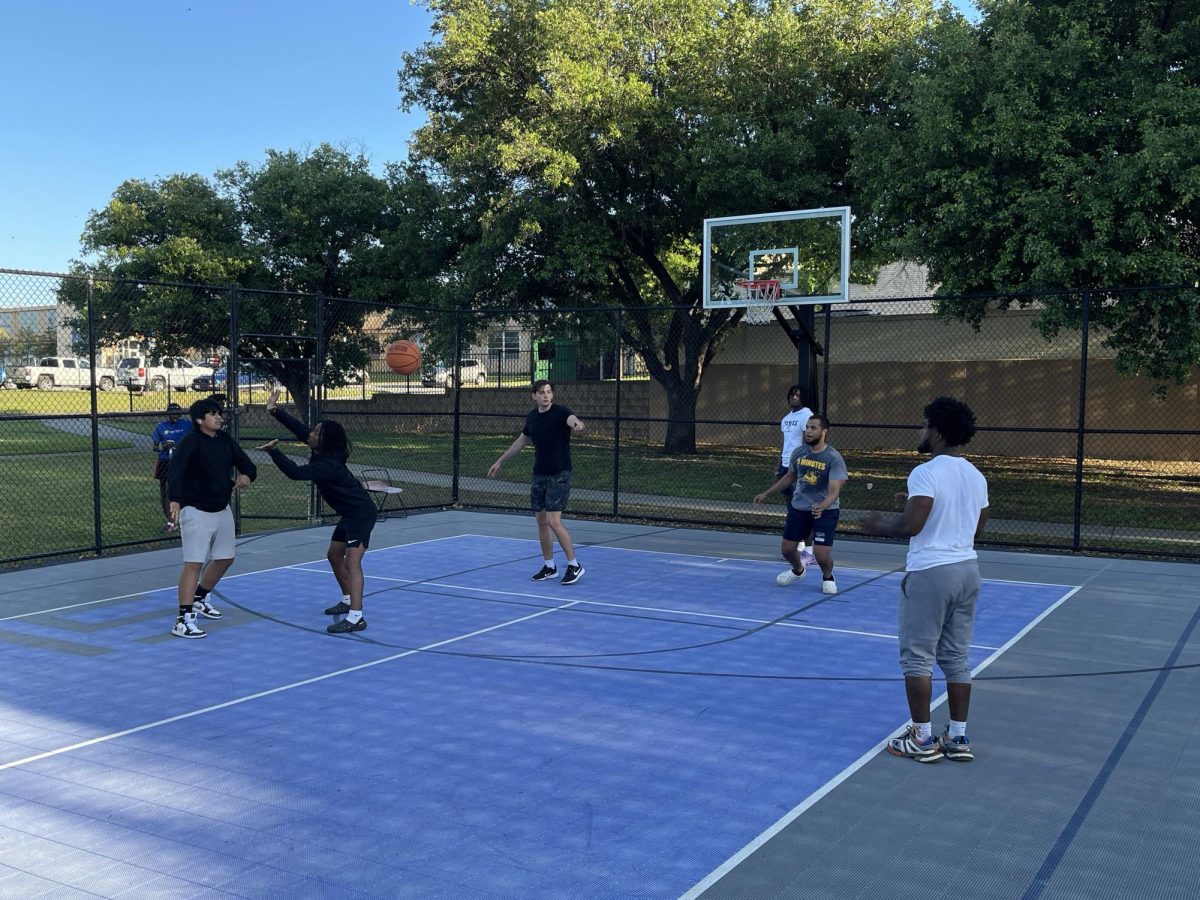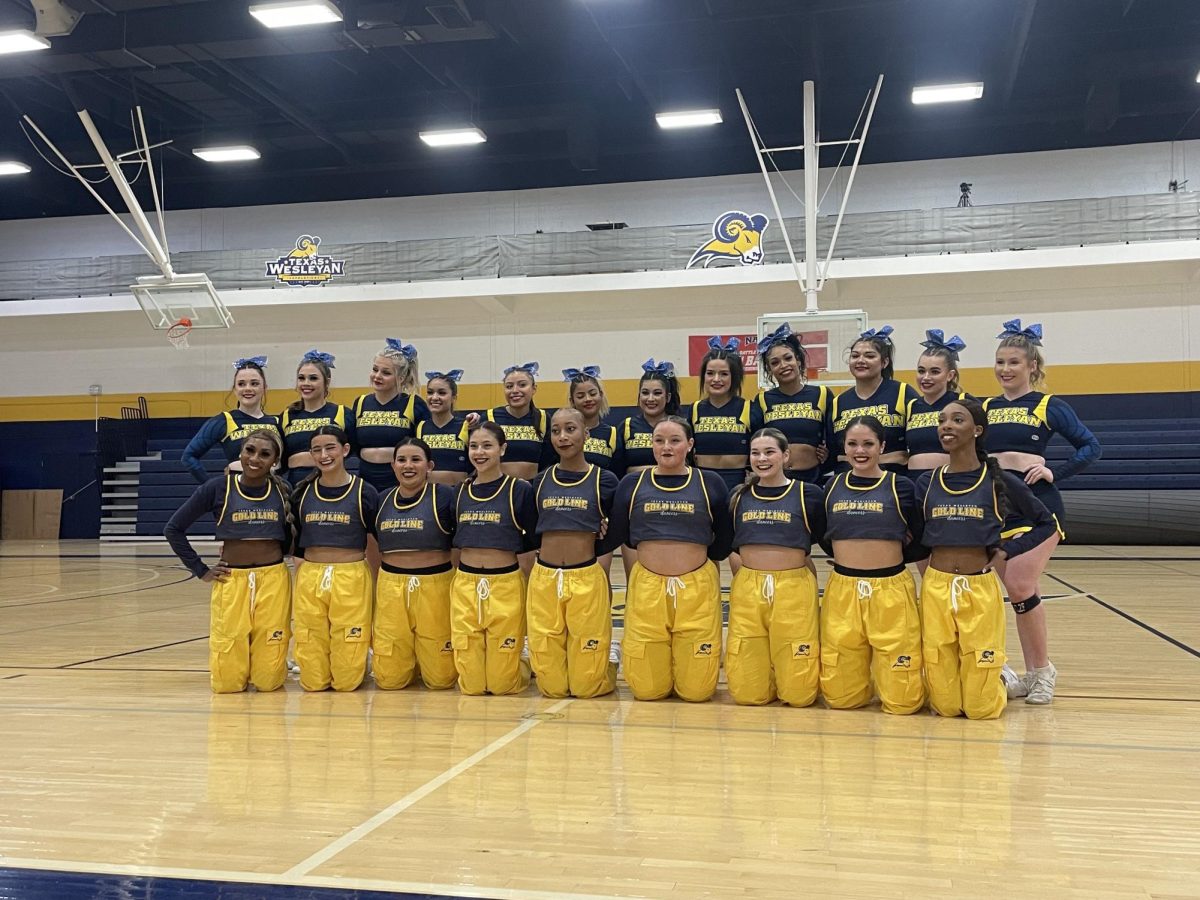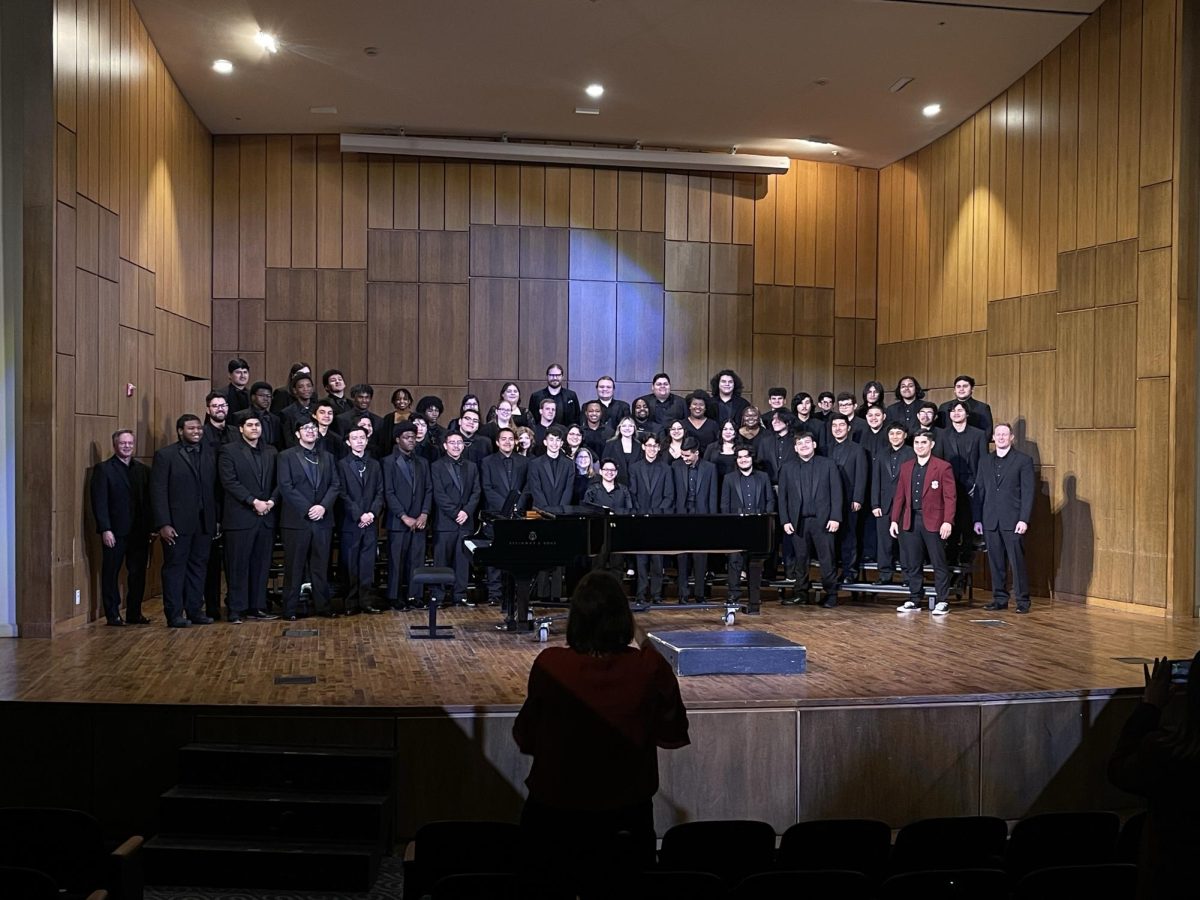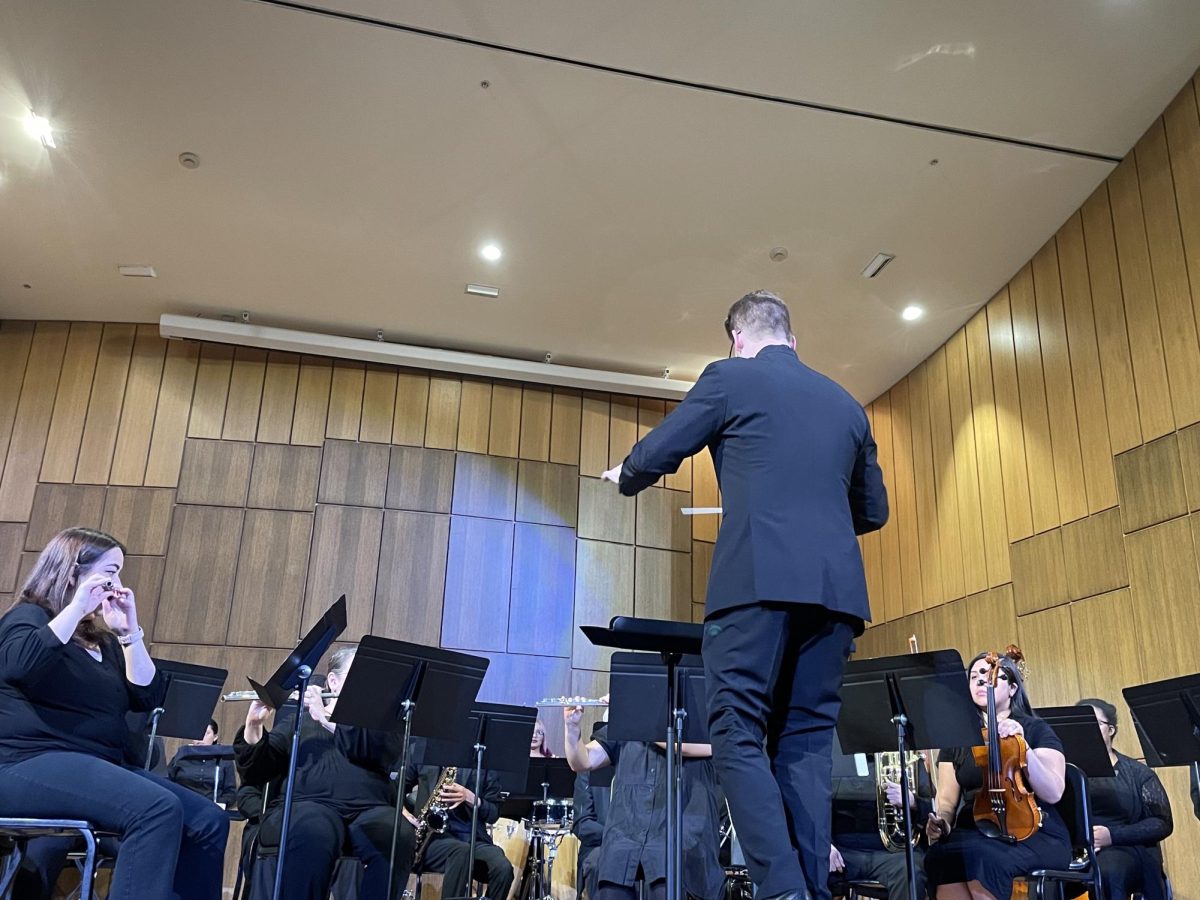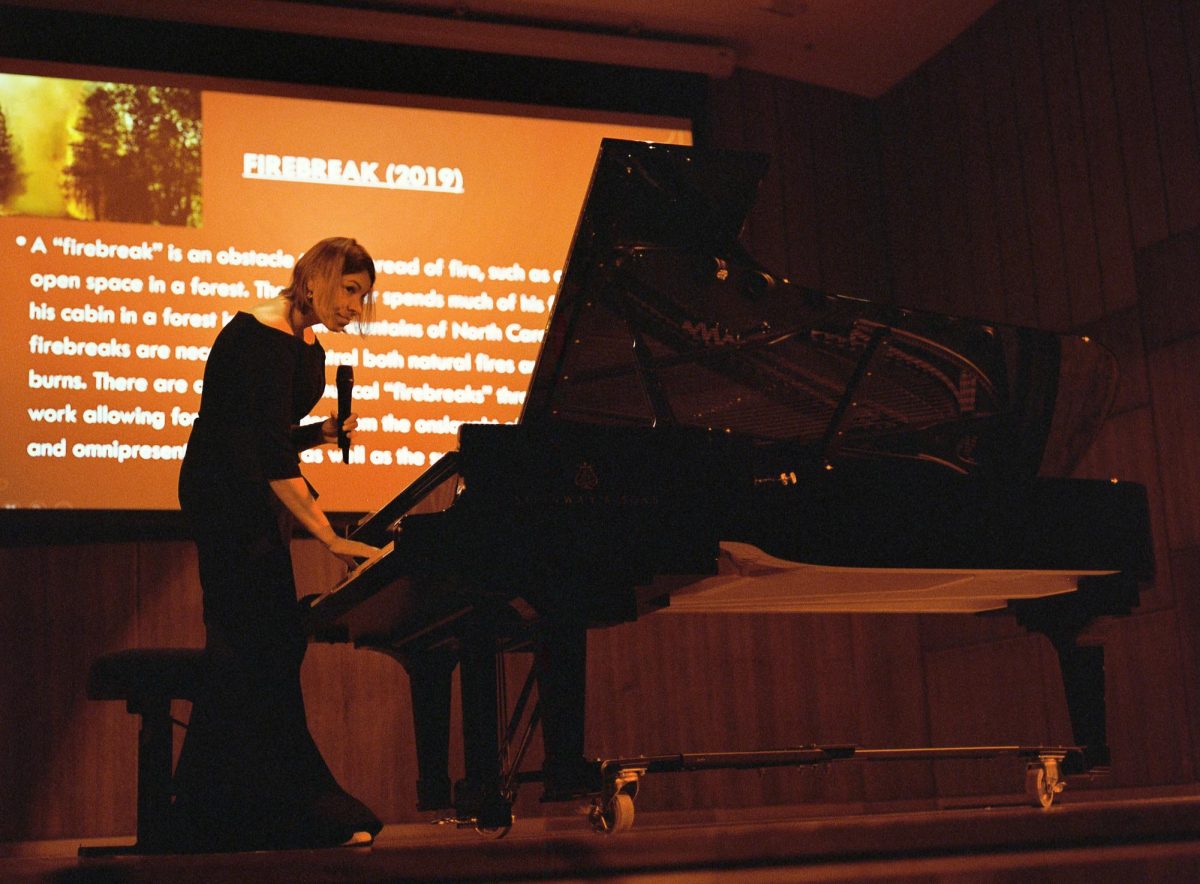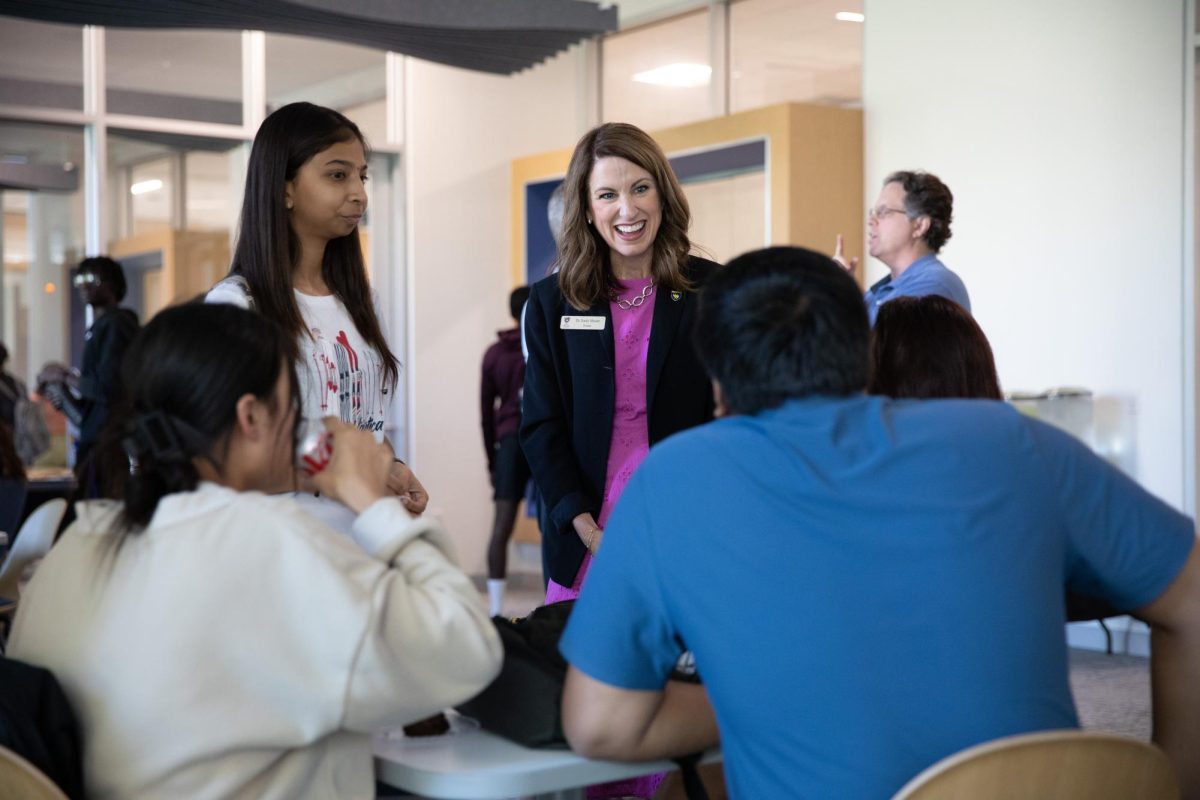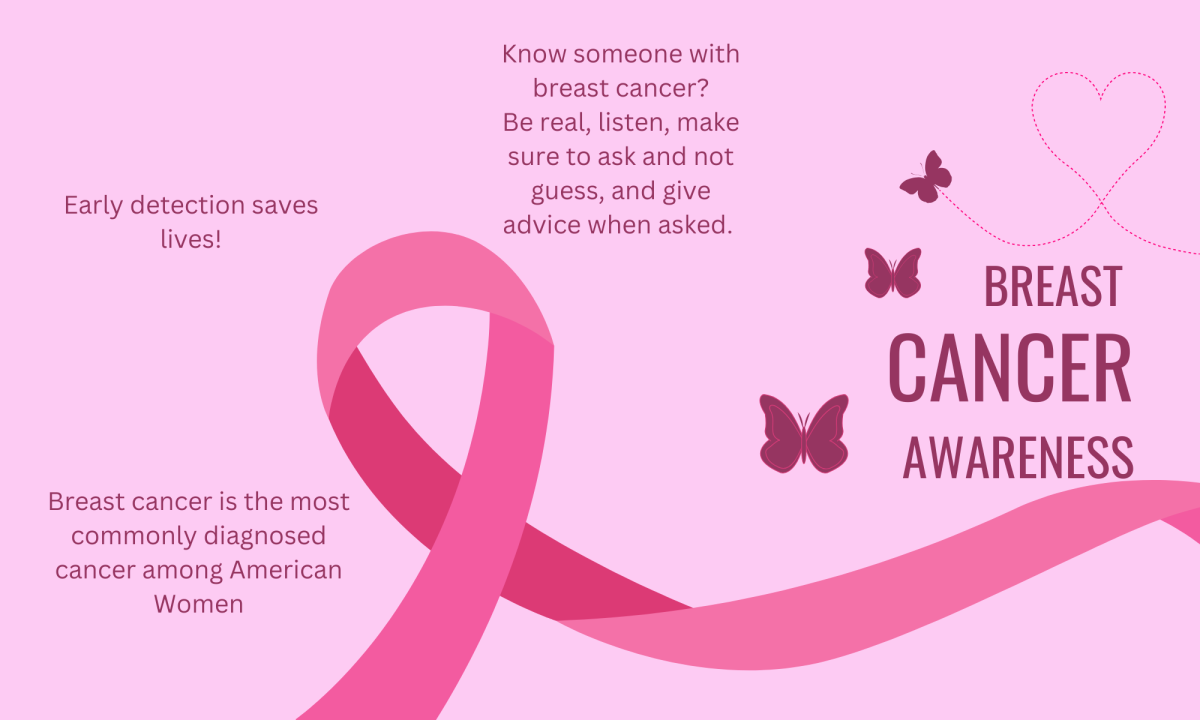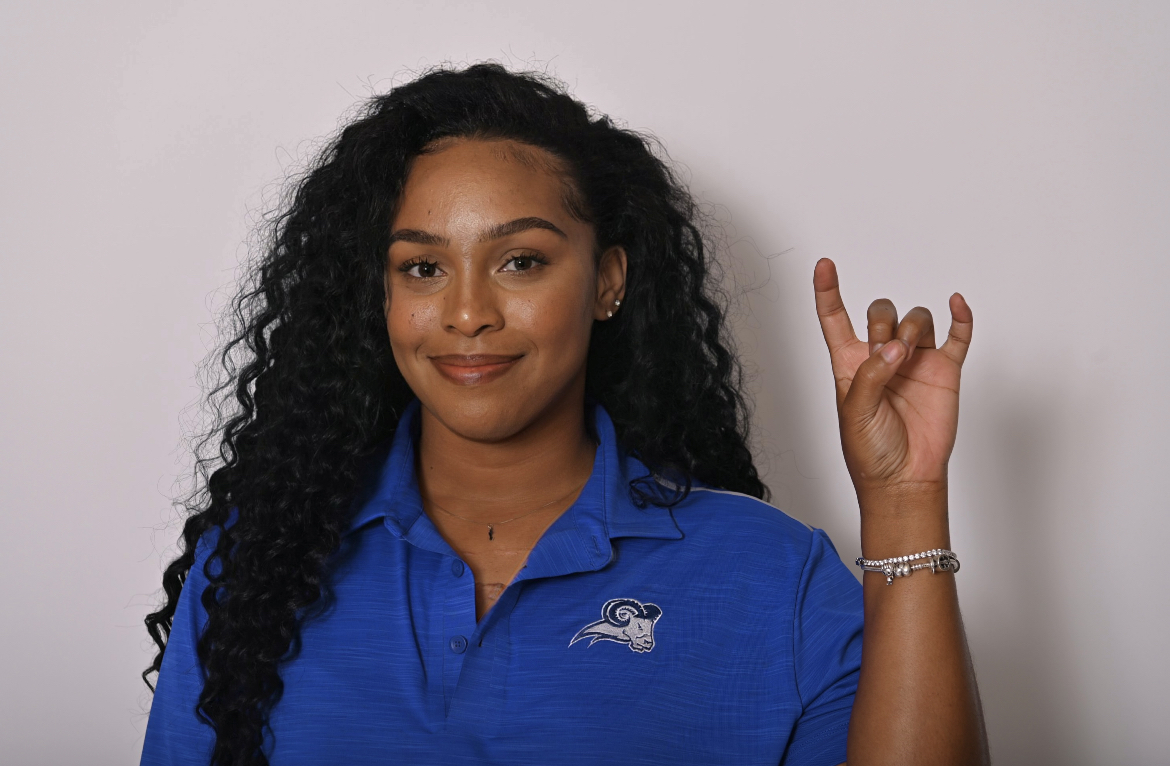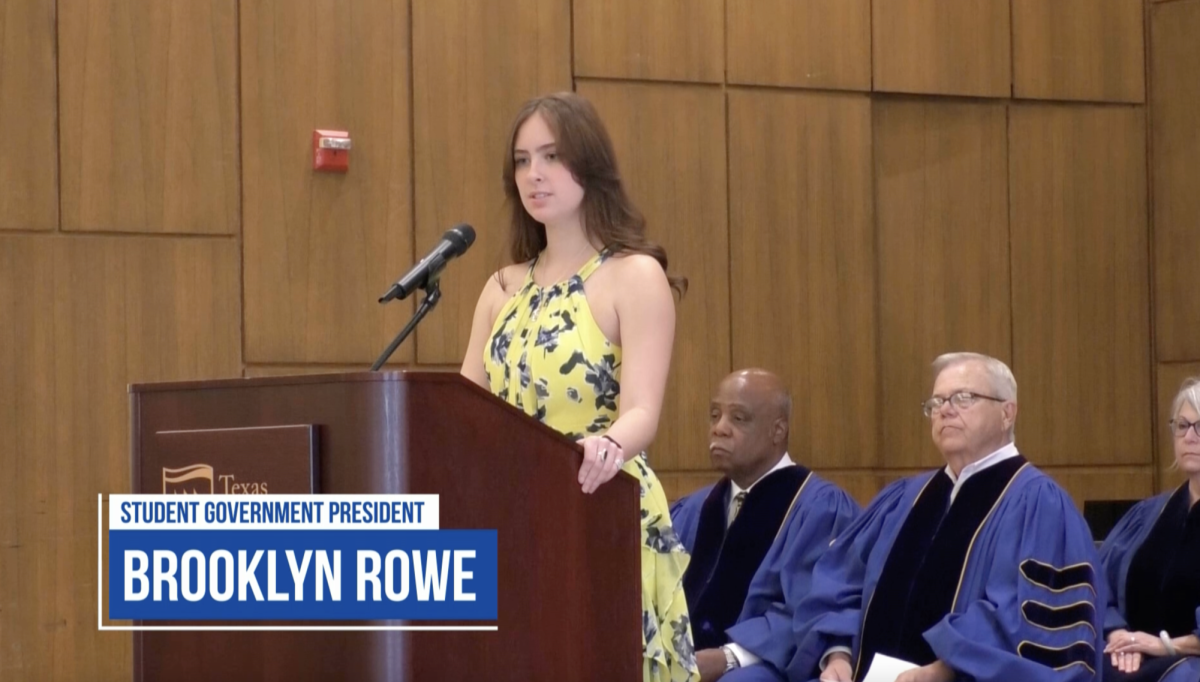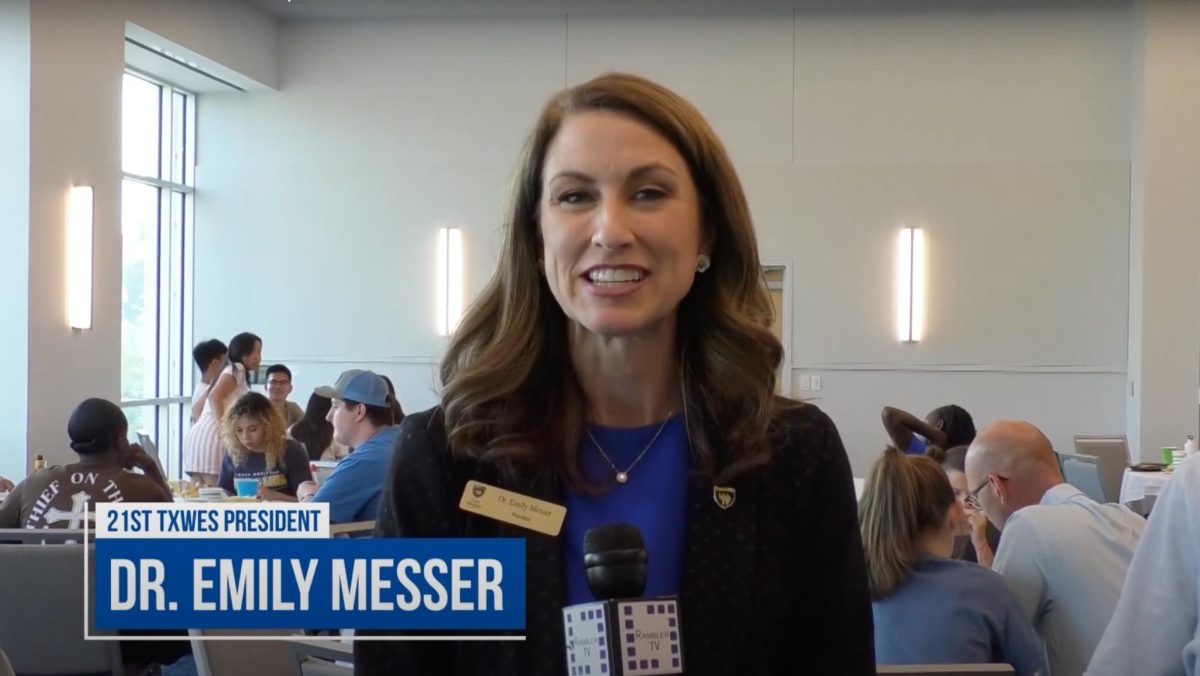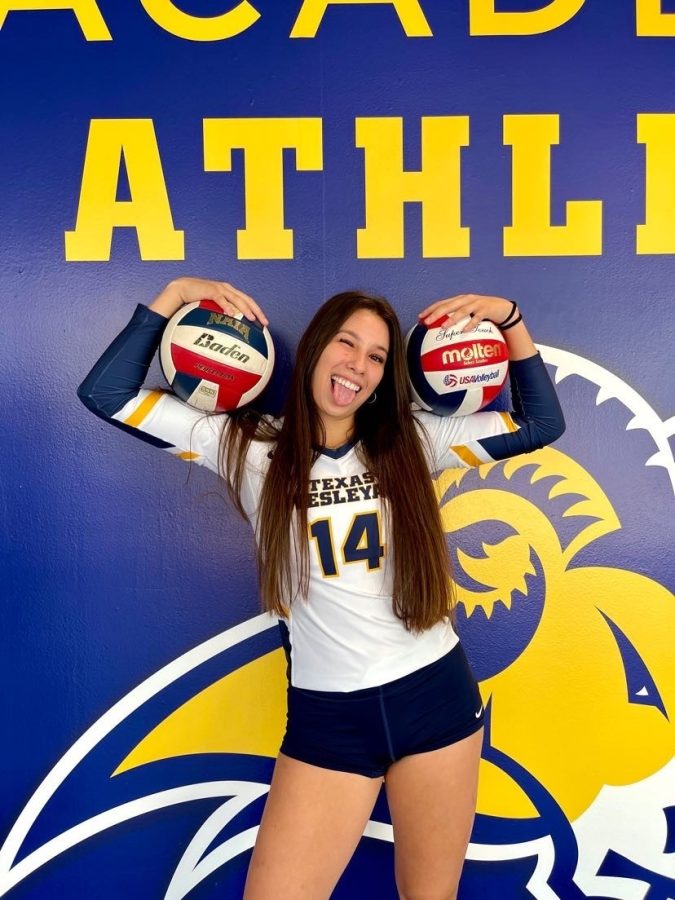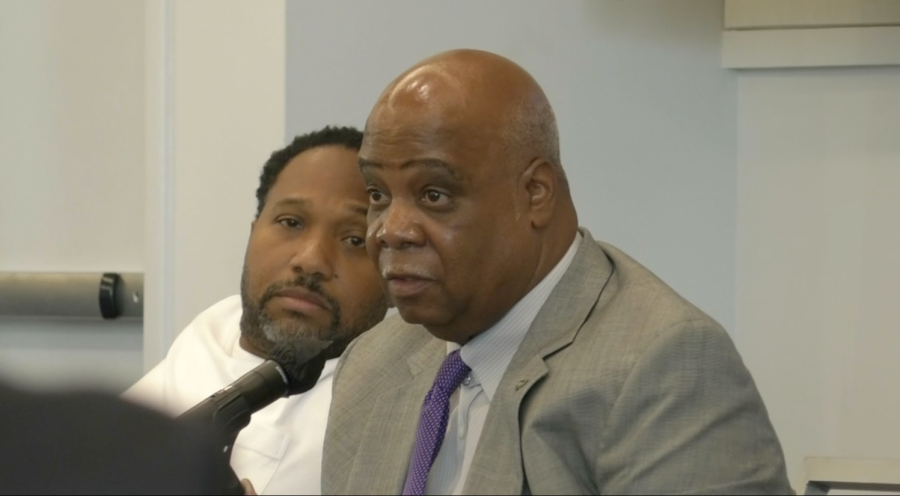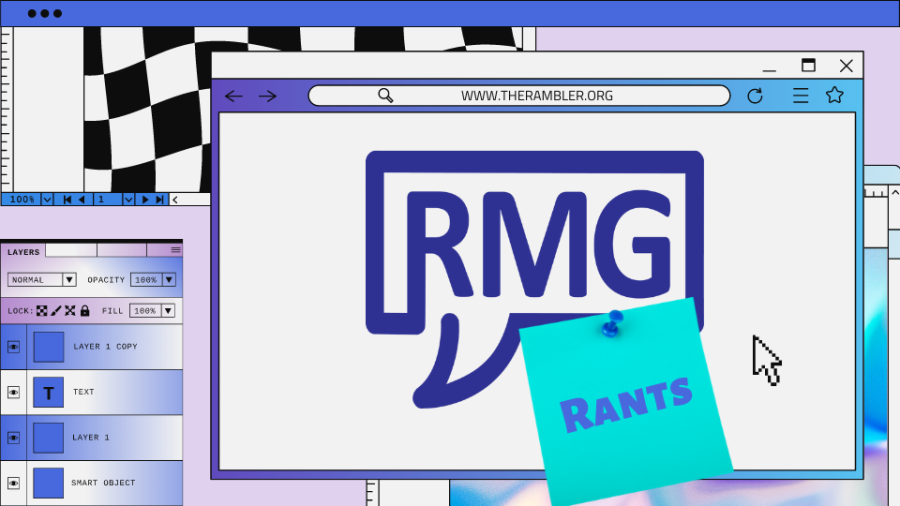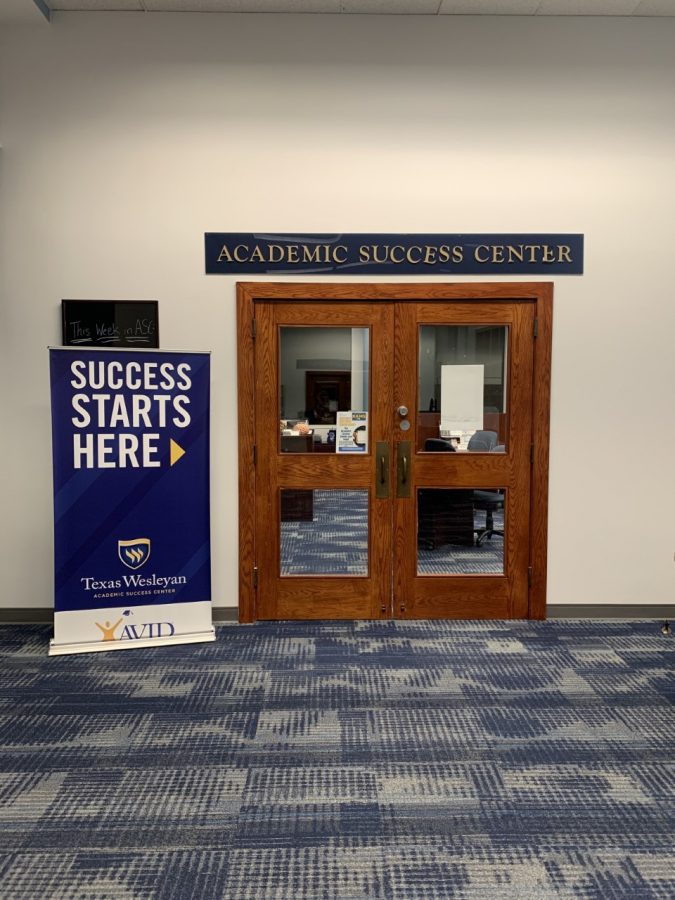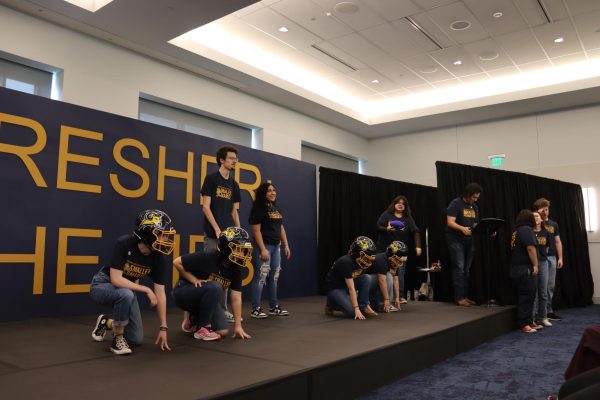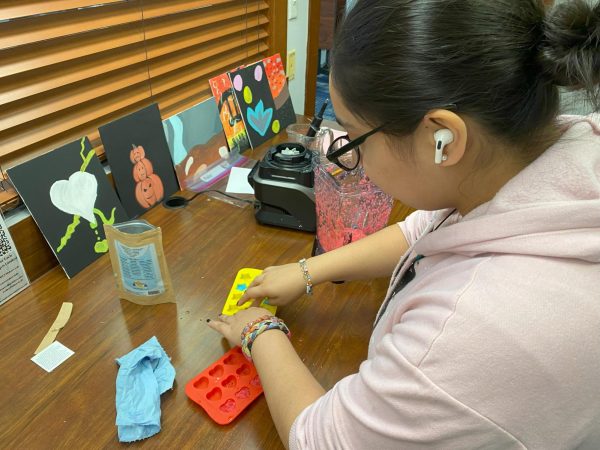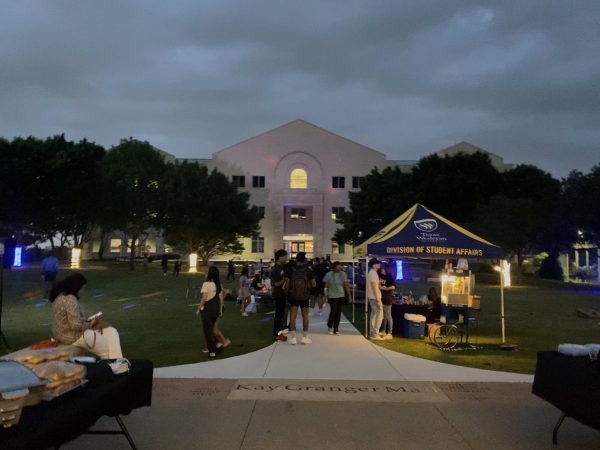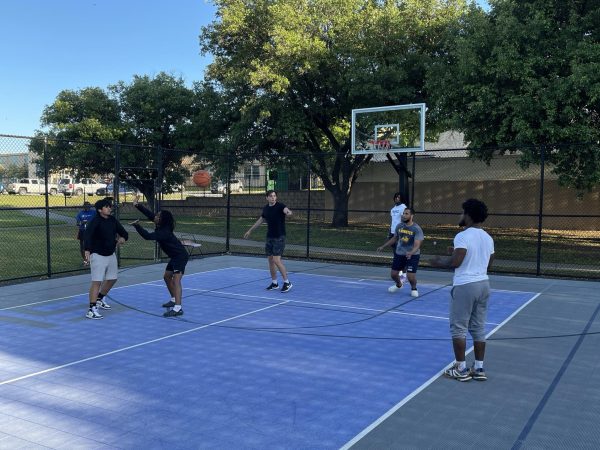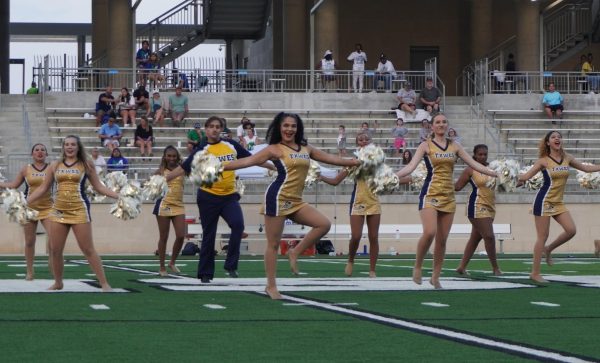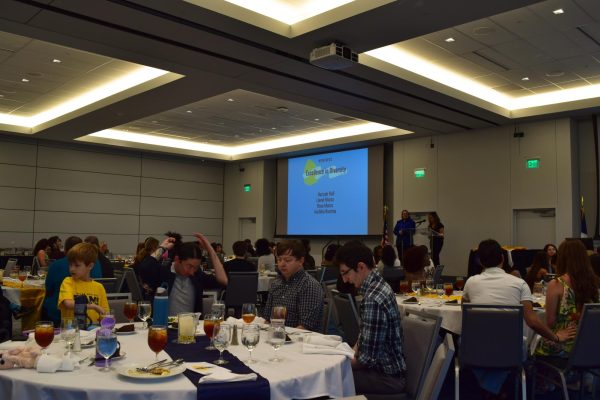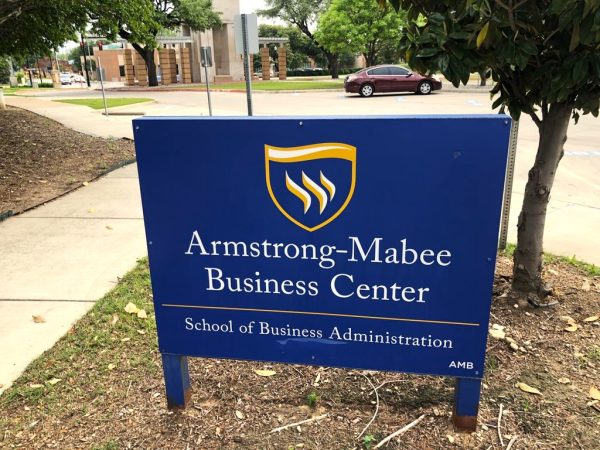Ram Rebound is helping students get back on track
Ram Rebound helps students who are struggling get back on track. It, course ASE 1113, is a one hour required course for any non-freshman students who are placed on academic probation.
The class addresses the various barriers to academic success, explores individual goals, strengths, and personal issues, as well as promotes the development of time management strategies, study skills, critical thinking, and problem-solving abilities related to academic performance.
“I wanted to create a safe space where a community of students with similar issues could work with me and each other to get back on track academically. I have personally been there,” said Michael Brown, senior director of academic advising and student services. “I see the program evolving as learning assistance evolves. This could mean changes to the curriculum, new pedagogy, and bringing in new instructors to teach the course. I plan to continue engaging in professional development so that I may employ best practice from national experts and professional organizations with the Ram Rebound program.”
Data provided by Brown from 2014 shows that 40% of those on probation who took Ram Rebound returned to good standing, while only 15% of those on probation who did not take Ram Rebound returned to good standing.
Data from 2015 shows that 39% of those on probation who took Ram Rebound returned to good standing, compared to the 0% who were on probation who did not take Ram Rebound returned to good standing.
The data from these two years is what drove the university to make the course mandatory for all students on probation.
Data from 2012 to 2020 shows that 69% of students who take Ram Rebound enroll for classes in the next semester.
“The qualification is [that the students] have a GPA of 2.0 or less,” said Sonja Gaddy, coordinator of academic support and testing. “But that can be for various reasons, either sickness, life circumstances or, you know, trouble understanding the class or other complexes. So it gives them an opportunity to regroup to evaluate, to know what happened last semester, and then it provides the skills for them to actually do something to help them be more successful this current semester onwards.”
Gaddy believes that the tutoring services included in students’ tuition is a benefit that a lot of students do not take advantage of when they are struggling in their classes.
“For students that are struggling, first thing I’m going to tell you is to be kind and to be gentle with yourself,” Gaddy said. “This is our first semester back on campus and things are new for everyone, for faculty and staff and for students as well. That does not mean that you shouldn’t seek out help when you need it. But it means [that you should not put all of the blame on yourself and to look for other resources to help you because there are resources available to come by and do listen.”
For many students, faculty, and professors, this is their first semester back on campus with in-person classes.
For Anna Somodevilla, a student currently in Ram Rebound, she strongly believes this course is beneficial to many students.
“I have learned different study and time management methods,” Somodevilla said. “I expect it would impact my [academic] future and others by learning time management skills and how to better prepare for life.”
